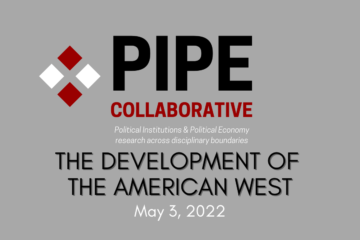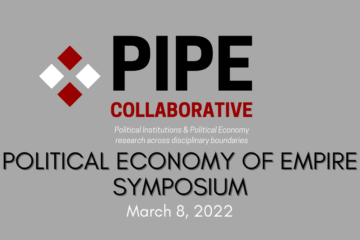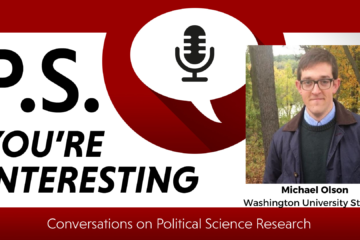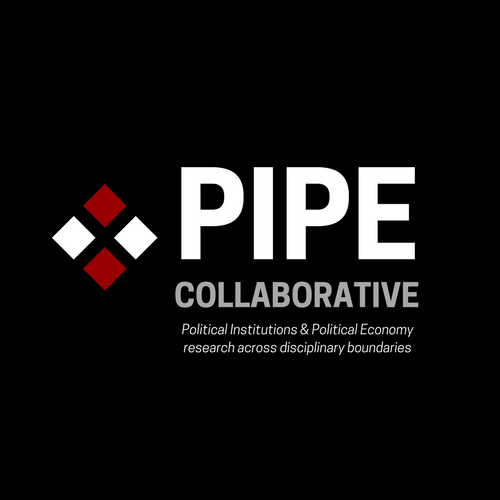PIPE Symposium: The Development of the American West
The West has always been at the forefront of the American mind. From the early days of the Republic, when the vast area beyond the Appalachian Mountains spurred imagination, through the mid-19th century, when the vast plains beyond the Mississippi River beckoned those seeking a new start, the West has Read more…








